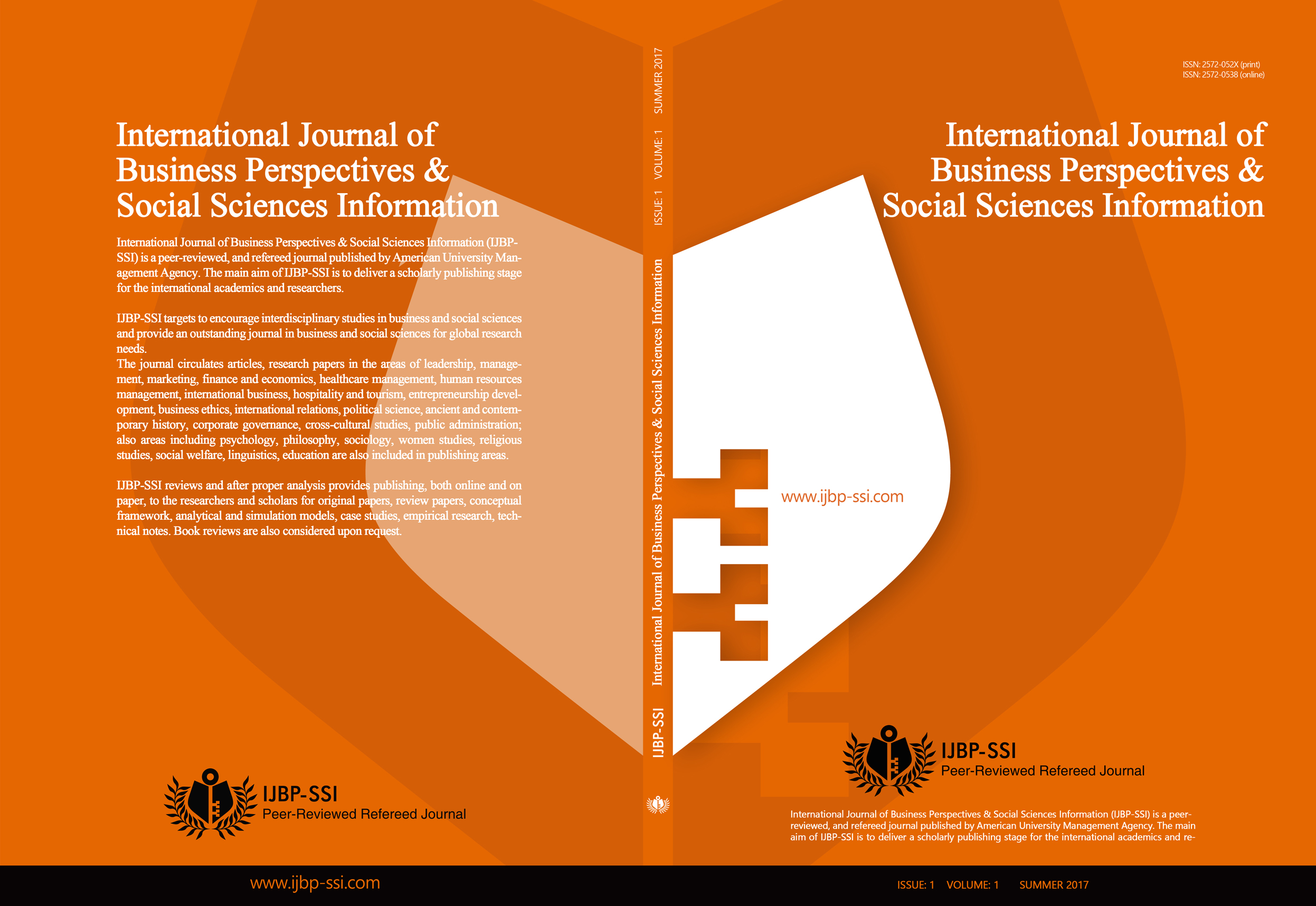Reading the moves of the leaders on the Eurasian chessboard: comparative operational code analysis of Vladimir Putin and Recep Tayyip Erdogan
Reading the moves of the leaders on the Eurasian chessboard: comparative operational code analysis of Vladimir Putin and Recep Tayyip Erdogan
Author(s): Giray Saynur Derman, Hande ObaSubject(s): Politics / Political Sciences, International relations/trade, Political behavior, Political psychology, Politics and communication, Comparative politics
Published by: American University Management Agency LLC
Keywords: Eurasia; International Relations; Political Psychology; Operational Code; Belief System;
Summary/Abstract: Russia and Turkey are among the most important geopolitical players of Eurasia, the grand chessboard of international relations, and both countries with their military and economic power are pivotal countries where all eyes are initially turned to when the region’s geopolitics is concerned. Especially in regard to decisions that can affect the regional dynamics and power balance, Russian and Turkish decision making mechanisms become crucial. Therefore understanding the belief systems of Russian and Turkish decision makers does not only mean understanding their individual decision making processes but rather it is of great value for political scientists to read the bigger picture of the political arena and predicting these leaders’ moves on the chessboard of the region. At this point, Operational Code, a method within the scope of the political psychology, can function as an important instrument because this method helps build leaders’ cognitive schemata. Moreover it is also of great use in interpreting controversial moves and risk-seeking attitudes in times of political crisis. This article aims to make a comparative analysis of Russian president Vladimir Putin and Turkish president Recep Tayyip Erdoğan both of who have left their marks on 21st century Eurasia where risks are also increased. Consequently, we hope to contribute not only to the literature of political psychology and Operational Code but also predictability of international relations.
Journal: International Journal of Business Perspectives & Social Sciences Information
- Issue Year: 1/2017
- Issue No: 1
- Page Range: 2-18
- Page Count: 17
- Language: English

